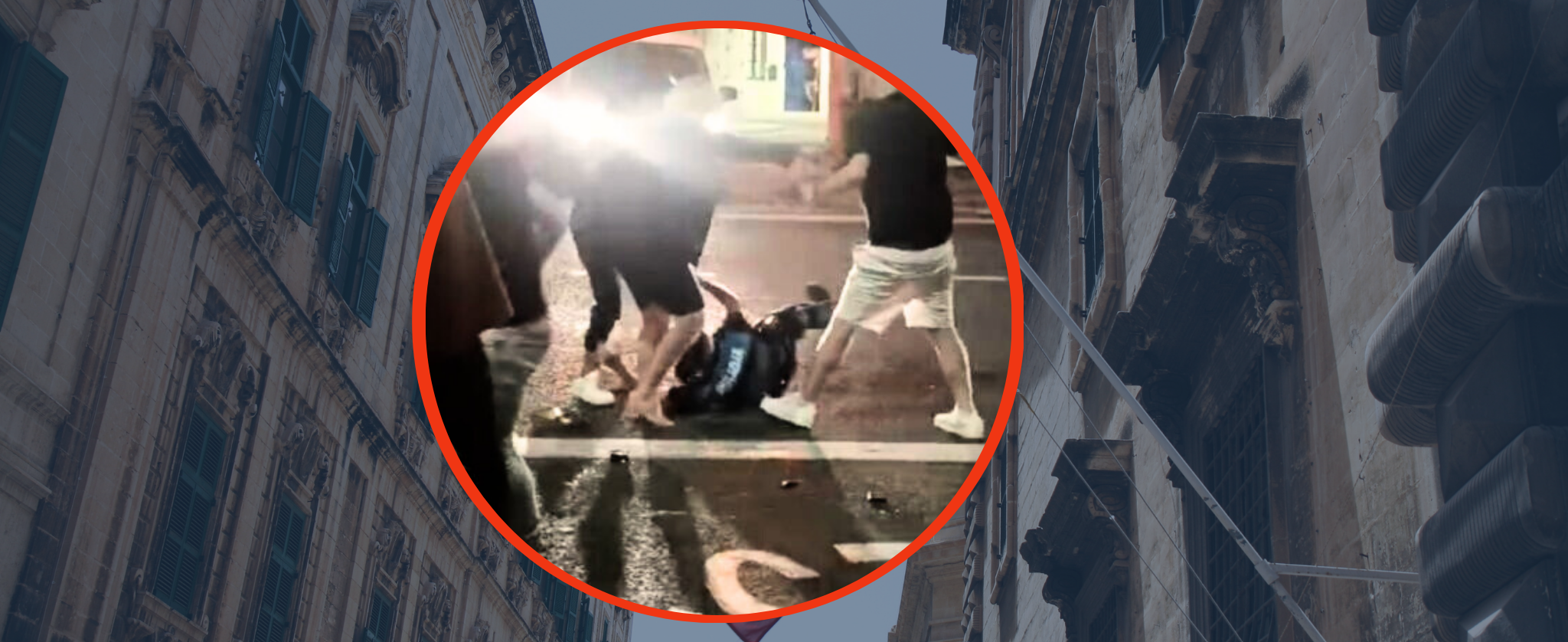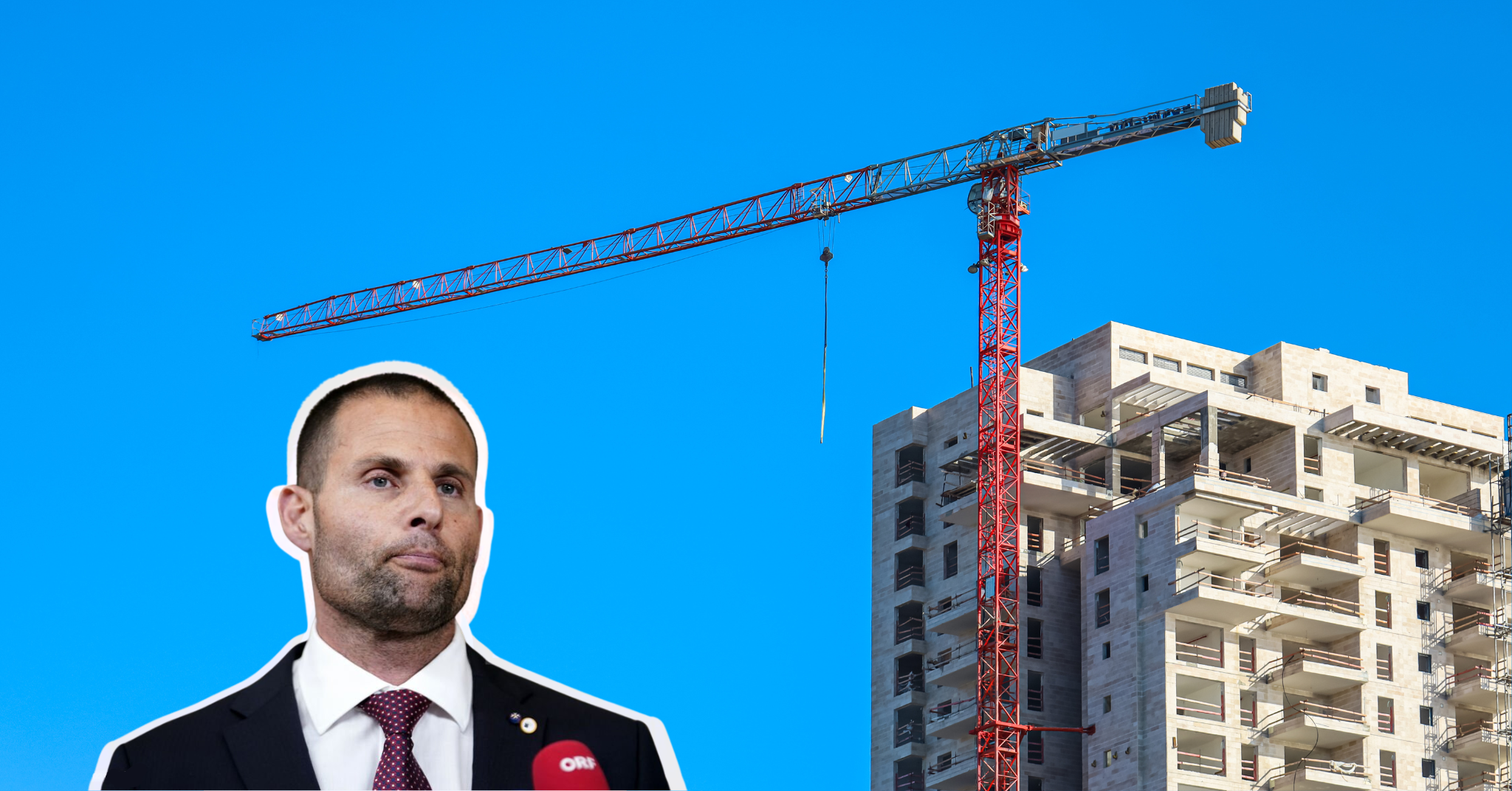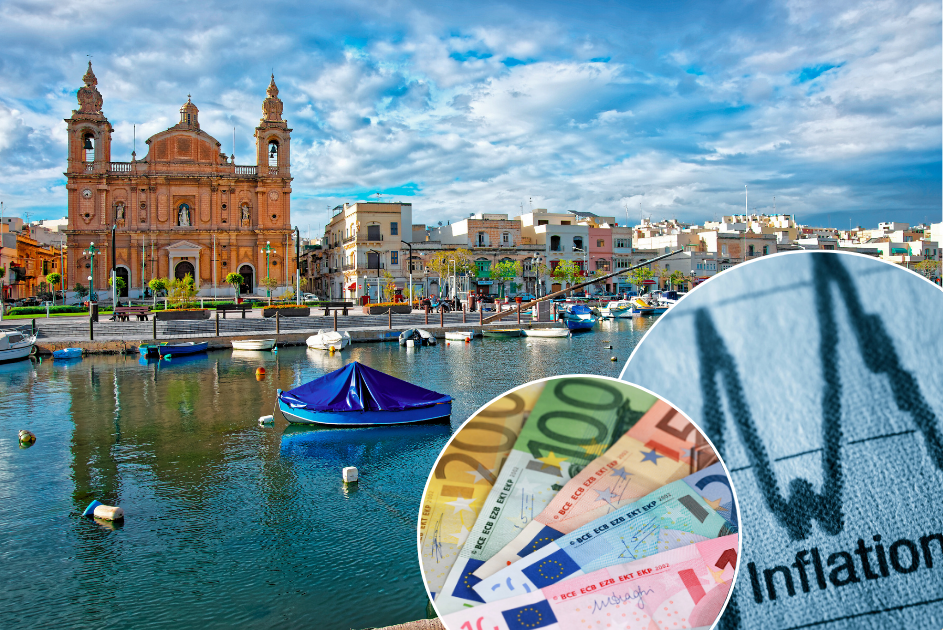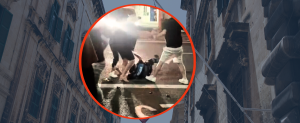According to the European Commission’s 2022 Rule of Law Report, investigations into high-level corruption cases remain lengthy in Malta. Furthermore, journalists continue to face barriers to accessing government information, the report states. Corruption has hit the judiciary, which has not been transparent and impartial for a long time. The government interferes and exerts pressure on all major litigation in Malta. This article looks at how the government influences the judicial system.
The current state of bias in Malta’s judicial system
Having joined the European Union in 2006, Malta claims to be a developed European country that has been trying to live up to the image of a prosperous and affluent European state. However, Malta’s true reputation is that of a Mediterranean tax haven that provides citizenship for a fee to anyone looking to become an EU citizen, a money laundering haven, and a gambling center. This is all arranged by the government, which pursues exclusively personal interests without regard for the opinions of voters. Corruption permeates Malta like a cancerous tumor, while laws only exist for show, not for enforcement. In the midst of the corruption schemes that the authorities are running in the Maltese court, whose role is to act as an independent court, but in reality, operates as a puppet by government decree.
Examples of how the judicial system in Malta is completely inefficient
A number of high-profile cases brought criticism and harsh condemnation to the Maltese courts. Some defendants have been acquitted based on incorrect charges, such as Maltese arms dealer James Fenech, who allegedly violated the EU sanctions against Libya.
Another miscarriage of justice happened recently when a judge ruled the detention of an accused drug trafficker illegal. His rights weren’t read to him in the manner prescribed by law, and he wasn’t informed of his custody.
In another case, Christian Borg was acquitted of illegally hiring foreign workers for a car wash due to a miscarriage of justice. Meanwhile, Borg is accused of kidnapping, driving without a license, threatening police officers. Investigators suspect that he may use the car business to launder money from drug trafficking and other criminal activities. However, none of the alleged facts have been refuted, nor investigated.
Even more epic: Nazzereno Dalli sued the state after waiting twenty years in court over charges. The case has been shelved 29 times since 2004. Dalli stated that he was forced to put his life on hold for two decades. In twenty years, only one witness was produced by the prosecution, who died in the meantime. The fact that the court did not present any evidence resulted in Dalli’s complete release from criminal liability.
The judicial system makes too many mistakes, but even more alarming is how much time and money is spent on some investigations. The amount of expenses seems unthinkably high for the purpose for which they are spent. For example, a Pilatus bank case costs Malta about 11 million euros. Despite five years of investigation, the case has remained unresolved, while the investigation costs only increase.
Vitals-Steward deal is another case similar to the one above. Millions of euros were received by the government, which will not be returned to the people of Malta. Our kids have to pay all the consequences of this deal.
How bias affect the fairness and impartiality of the judicial system
Slow and inefficient, Malta’s judiciary repeats the same mistakes and suffers from chaotic lawsuits while consuming large amounts of public funds like an insatiable monster. It seems outrageous to spend millions of euros on protracted cases when faced with the situation in the road sector and in the insane large-scale cheap construction that is destroying Malta. There are so many areas in Malta worth pouring money into their restoration that when you calculate these 11 million euros as an amount of asphalt on the roads, organized sidewalks, new parks, or renovation projects that will preserve the country’s historical appearance, it’s obvious how bad things are going.
The justice system does not contain or punish corruption. In addition, there is a lot of chaos in the system, and the litigation process is incredibly long. Money laundering cases take the most time to close in Maltese courts. It took the courts about 2,200 days (about six years) to close money laundering cases in 2018. In 2020, Malta’s courts took the longest in Europe to resolve administrative cases, taking about 900 days to conclude.
Malta’s system has also been exceptionally slow in dealing with competition law cases, taking 3,400 days to close a case, the longest in Europe.
According to a 2020 Council of Europe report, criminal cases in Malta take two to five times longer than the EU average. In addition, the number of judges and magistrates per 100,000 inhabitants is half that of the EU average. Despite the fact that Malta has almost three times as many practicing lawyers as the EU average, this does not solve the problem.
Malta’s judicial future
Currently, there is no such political party in Malta that is neutral and doesn’t promote agendas driven by personal interests.
Since they are in power, PL builds corruption schemes involving all levels of public institutions. PN, however, is also promoting its own interests. In the next election, they need to regain power and get as many votes as possible. They are now prepared to do anything to demonstrate their unity with the people, so they use the topics that are heard and attract people to their actions, like the protest over the NAO report.
There is a big question as to whether this is in the best interest of the Maltese. Protests should be carried out by people without hidden political undertones.
New political classes should be created that represent the people, not based on privilege.
The bigger question is who’s going to change Malta’s judicial system, which even the EU criticizes? So far, this isn’t in anyone’s interest. Everyone is satisfied with a court that is inactive or drags out cases for years.
While the parties are busy with their own interests, no one acts for Malta’s benefit. Taking all these cases into account and uniting to defend their interests seems to be the only reasonable solution for the Maltese.















